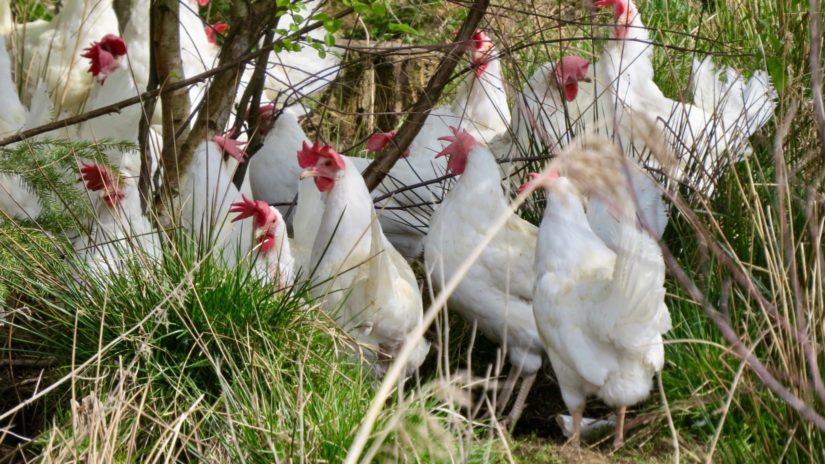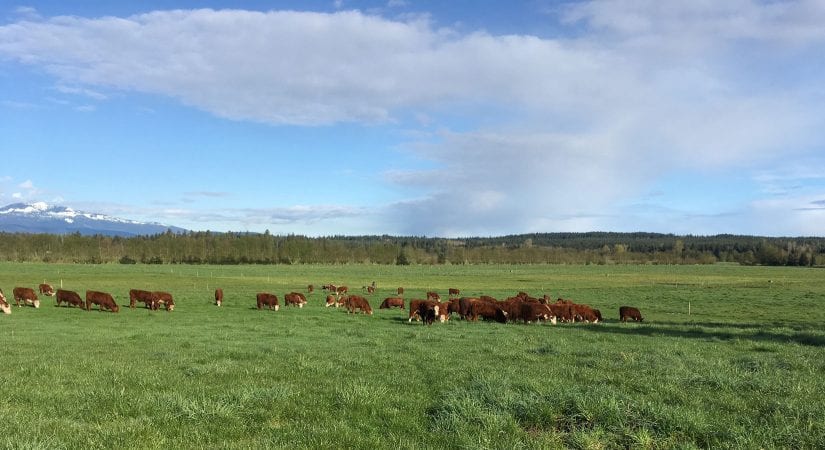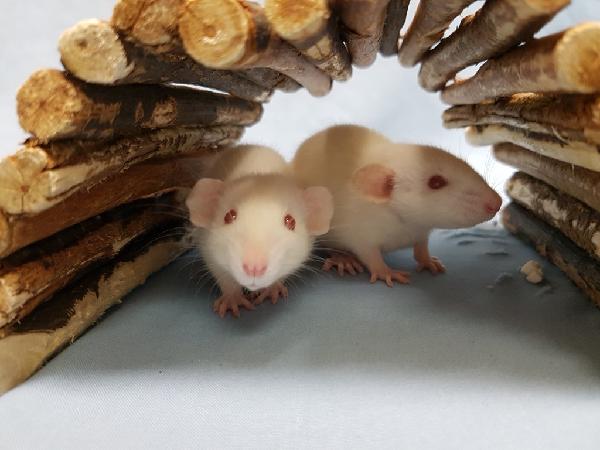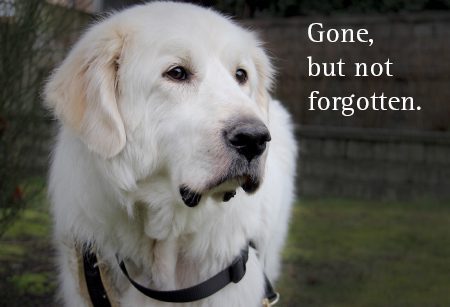Farm animals
The BC SPCA believes that all animals should enjoy, as a minimum, five essential freedoms, which were first described by the Farm Animal Welfare Council of the UK:
- Freedom from hunger and thirst
- Freedom from pain, injury and disease
- Freedom from distress
- Freedom from discomfort
- Freedom to express behaviours that promote well-being
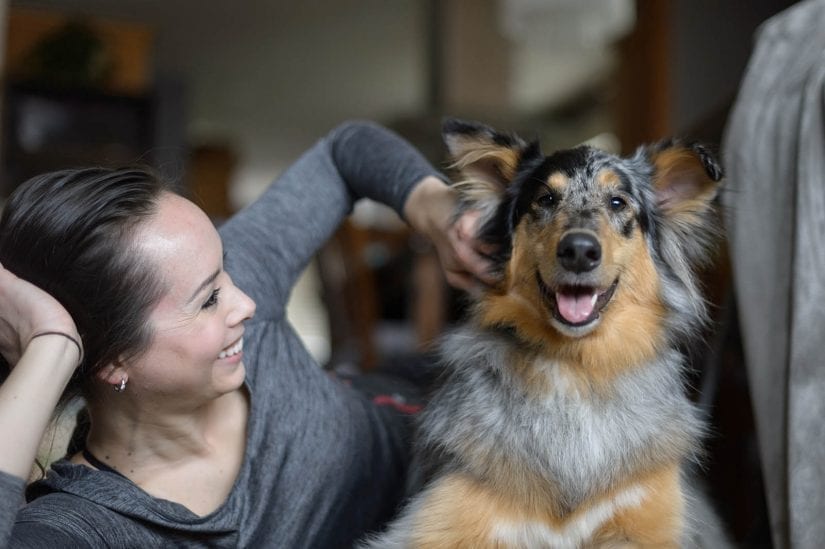
What does animal welfare mean?
The objectives of the BC SPCA are to prevent cruelty and to promote the welfare of animals. Animal welfare means an animal’s quality of life, and it is affected by animals’ physical health and the feelings they experience.
Animals experience good welfare when they are able to experience positive feelings (arising from pleasurable activities and the fulfillment of behavioural needs) and when they are free from poor physical health and negative feelings (such as pain, discomfort, hunger, thirst, fear and frustration).
Animals that are healthy, pain-free, comfortable and unstressed are said to have good welfare.

B.C.’s Prevention of Cruelty to Animals Act (PCA Act) outlines generally accepted practices of animal management as a reason by which distress is legally acceptable.
Generally accepted practices of animal management are ways of handling or caring for animals that are commonly used by those responsible for them. Sometimes these practices still cause pain, suffering and distress to animals. If the practices haven’t been written down in any official document, it is up to experts like veterinarians and leaders in the relevant industry (such as animal farming, sled dogs, animal breeding or horse racing) to give expert testimony in court when there is an animal neglect or cruelty case.
Animals are better represented when practices are written and agreed to by a committee of experts that includes animal welfare experts. We call these documents ‘standards’ or ‘Codes of Practice‘. In Canada, the National Farm Animal Care Council coordinates the development of the Codes of Practice for the care and handling of farm animals. The Codes of Practice are nationally developed guidelines that serve as our national understanding of animal care requirements and recommended practices.
In 2019, the Codes of Practice were included in provincial law – through the adoption of the Animal Care Codes of Practice Regulation under the PCA Act. This means that the Codes of Practice for some industries now serve as the minimum standard for what is considered to be a ‘reasonable and generally accepted practice’ of farmed animal care in B.C.
For example, science shows that castrating (neutering) cattle is painful at any age. However, the Code of Practice only requires farmers to use pain control on animals over six months of age. Despite the fact that castrating without pain control causes pain and distress, farmers cannot be charged with animal cruelty for this distress because this is a ‘generally accepted practice’.
In order to better protect animals, it is important to continue to strengthen standards and Codes of Practice, so that generally accepted practices better align with science and societal values of how we should treat animals.
Read more about laws for farmed animals.
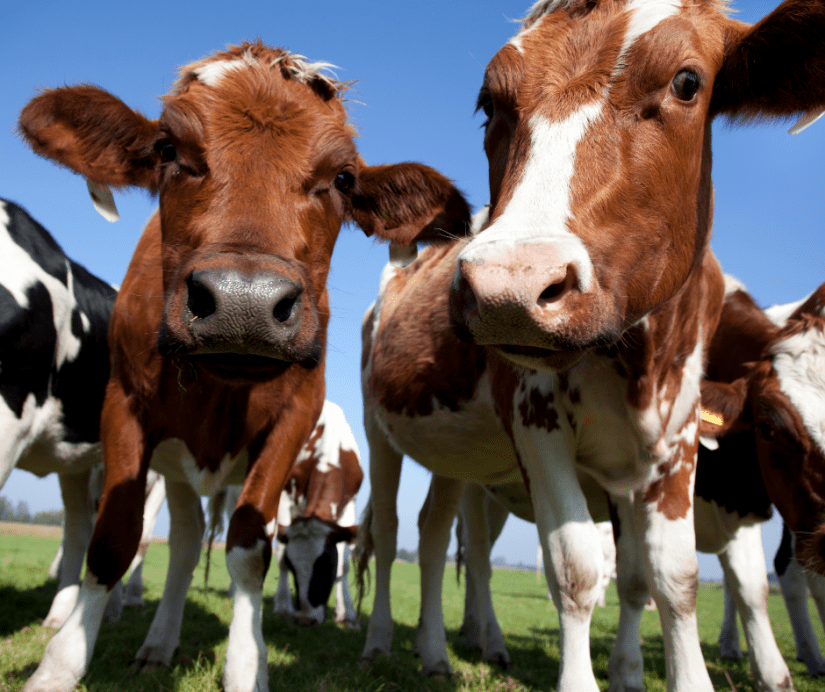
The Canadian Organic Standards (COS) outline requirements for organic farmers. The goal of organic production is for farming to be sustainable and environmentally friendly. However, there are also a variety of welfare benefits for animals on organic farms.
The Codes of Practice for farmed animal care in Canada outline the minimum expectations for all farmers. The COS goes beyond this, making it a good choice for farmed animal welfare. Animals on organic farms must have access to more space, the outdoors, and environments that encourage natural behaviours. Organic farms are also independently inspected to ensure the standards are being met. These are not requirements for conventional Canadian farms.
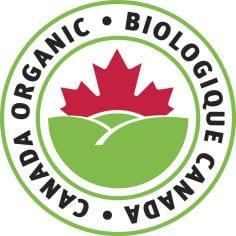
A 2020 update of the standards included important improvements for animal welfare:
- Outdoor areas for chickens and turkeys must have shade and protection from predators
- Laying hens must have access to an enriched verandah whenever they are unable to go outside
- Perches for laying hens must be designed for hen comfort
- Greater space requirements for sheep and goats
- Dehorning cattle is no longer permitted
- Phase-out of tie-stalls for dairy cattle by December 2030
- Improved requirements for outdoor areas for pigs
See a full summary of animal welfare improvements (PDF)
The BC SPCA is committed to improving welfare standards for animals living on organic farms in Canada. Every five years, the COS is reviewed and updated to ensure the standards reflect new research and society’s expectations. The BC SPCA participates as a member of the revision committee. We also encourage our supporters to take part in the public comment period for the draft standards.
